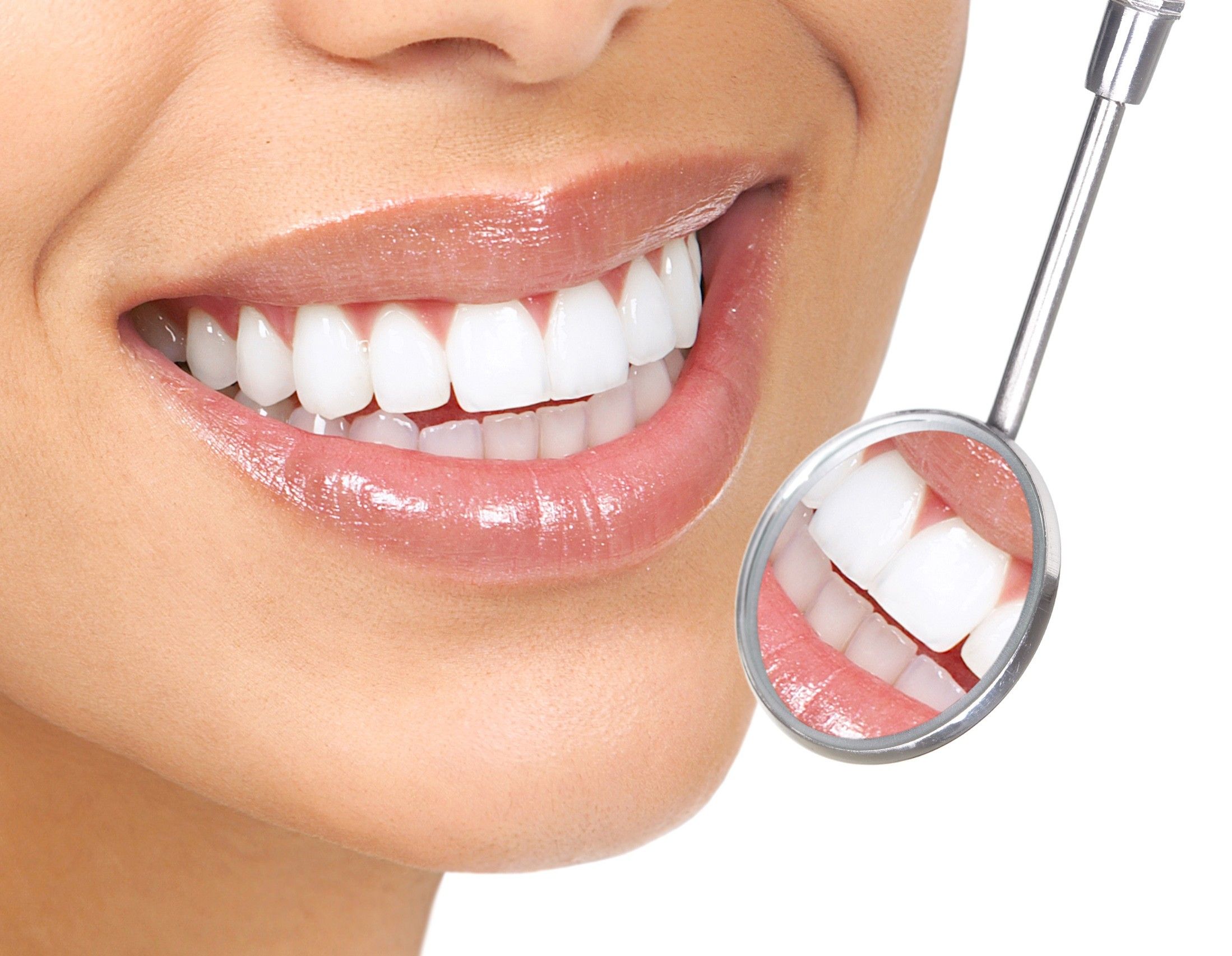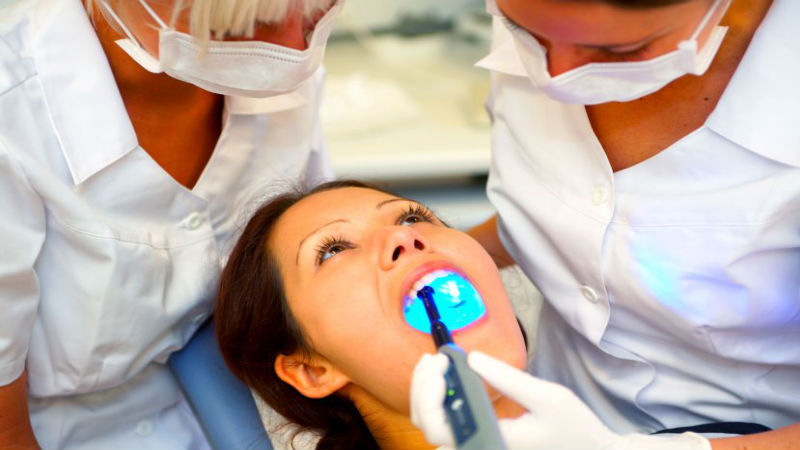These days, a dentist’s chair can still incite fear and loathing in the hearts of many brave men and women. It’s surprising how many people still fear going to the dentist, despite the leaps and improvements in technology, the improved services, the new and better tools. Good thing there’s sedation dentistry to finally help patients loosen up before their treatment.
Sedation Dentistry: a Definition
This refers to how dentists use medication on patients, who seem too tensed or stiff for their dental procedures, to relax and loosen up, according to WebMD. It’s basically a way for dentists to help reduce or eliminate patient anxiety. Why does that matter?
Effects of Anxiety
Anxiety can derail a treatment in many ways. For instance, if you’re too tensed or scared to have your tooth extracted, then you’re putting more pressure on your gums, which means increased blood flow to those parts. The moment the offending tooth is extracted, one can expect minimal bleeding. However, if you’ve been clenching your gums the entire time, then the bleeding from your gums could grow so much worse.
Sedation vs Stress
This is where sedation dentistry proves most useful. By using approved dosages on patients, dentists can help their patients overcome their phobias about undergoing dental treatment and procedures. The dosage depends on how anxious or fearful the patient is. The more resistant a patient is to treatment, then the greater the need for sedation dentistry.
Levels of Sedation
* Minimal sedation – You’re awake and are conscious of what’s happening around you. But instead of being stressed, you’re fully relaxed.
* Moderate sedation – You’re still awake but only for a little while. You might experience slurred speech at this point and when you finally wake up, you won’t remember much of the procedure.
* Deep sedation – At this point, you’ll feel like you aren’t awake anymore, your mind right at the edge of your consciousness. However, waking you up, on the other hand, is quite easy.
* General anesthesia – You’re completely under and won’t remember anything from whatever procedure or treatment you undergo.
Most dentists are trained to administer minimal sedation to patients through the use of nitrous oxide or pills. Some are licensed for modern sedation. But when it comes to deep sedation and general anesthesia, only a few have graduated from the Commission on Dental Accreditation program. So make sure to ask about if you’re going to require deep sedation for your dental procedure. For a reliable and qualified sedation dentist, contact a professional practice like Cascades Center for Dental Health for more details.
Cascades Center for Dental Health has a team of qualified dentists offering dental care services for all your needs. To get in touch with a sedation dentist, call us today. You can also follow them on Twitter for more updates.



